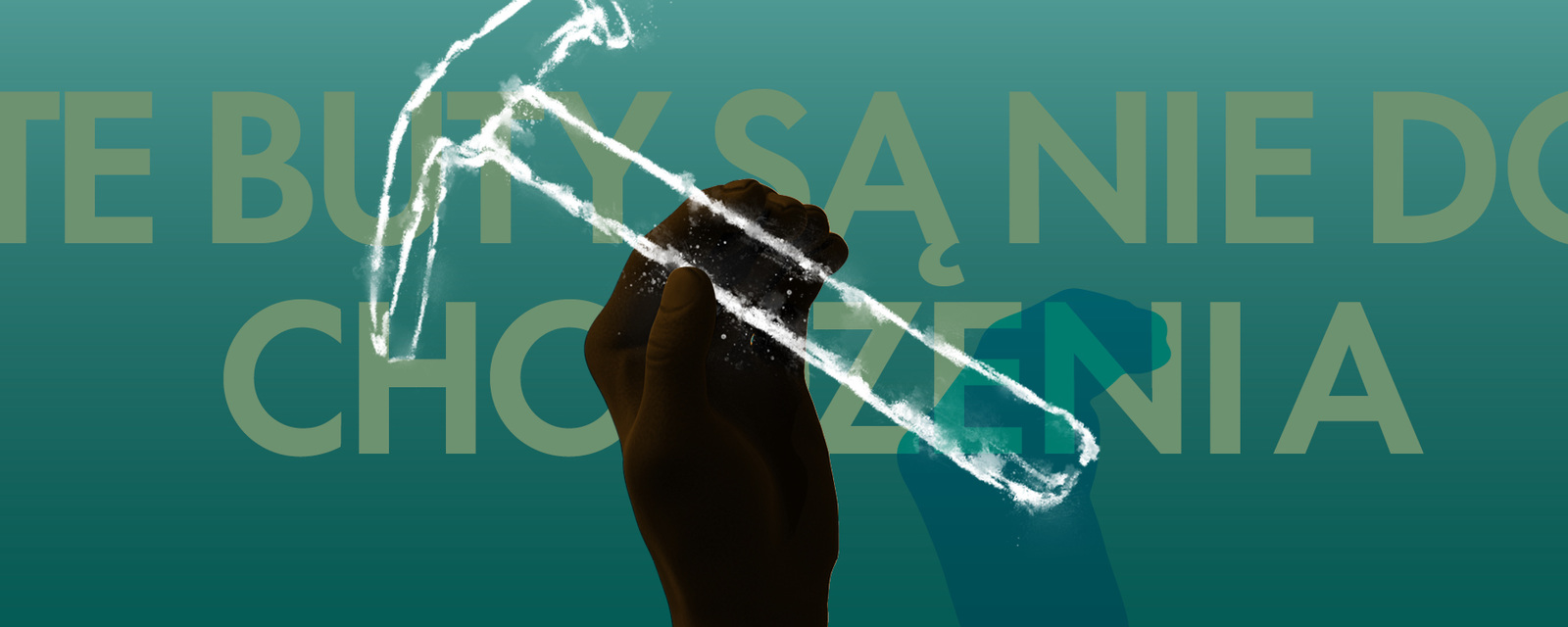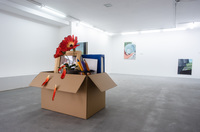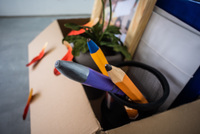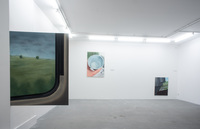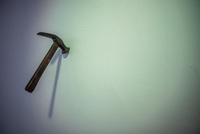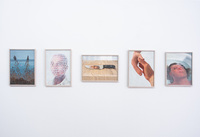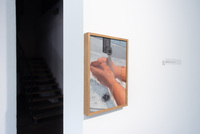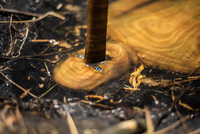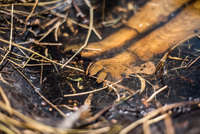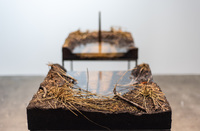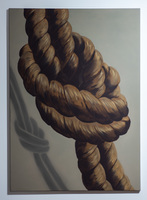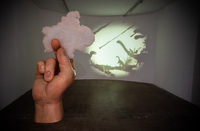My great-grandfather repaired and made shoes, good for walking. He also dug coal and took part in the war. Most of those required the use of his hands – it was manual work that he performed diligently.
My great-grandfather Konrad Pakosch (15.02.1906 - 6.01.1971) was born in Poland, in Sucha Góra near Bytom (then German Beuthen). In Such Góra, he had six siblings but no work or food. He was the only child his father sent to a Jewish shoemaker in Bytom to learn the shoemaking trade. He received a very good training there and started earning a good wage as a journeyman. When he returned to Sucha Góra (after he lived in Bytom for the duration of his vocational training), he brought with him a hat and a walking stick, which he later often lent to the boys from Sucha Góra for weddings. He built himself a shed by the house and set up a shoemaking workshop there. Unfortunately, in 1939 he was conscripted into the Wehrmacht. In 1941, he returned home for his father's funeral and it was then that he and my grandmother conceived my grandfather Jan Pakosz, born Erwin Pakosch.
Sadly, my grandfather passed away last year, but before that he had managed to tell me a story – a tale of how work can shape people’s lives. We came to visit my grandfather for his birthday and after the cake he took me to the basement where he had his little workshop. There he showed me a shoemaker's hammer, handmade by my great-grandfather, with traces of Konrad Pakosch’s hand impressed in the handle. Even after the war, in communist Poland - despite the fact that he also worked as a miner - Konrad ran a small shoemaker's workshop, so he finally left the deep imprints on the hammer handle. The story my grandfather told me, however, related to something we didn't talk about much – the war time, which many Upper Silesians spent in the ranks of the Wehrmacht. In fact, it was about why my great-grandfather could not make friends in the army. It was due to his work – the long use of the hammer had degenerated his hand – he was unable to unbend his fingers. His is hand looked like an excavator bucket, as if it was eternally ready to grab a hammer. Normally, he had no problems with this, but in the Wehrmacht you were supposed to hail frequently. And it was then that my grandfather, in the cellar of his house in Sucha Góra, showed me the gesture – the raised arm, but ending not with an upright palm, but with the shape of a falling excavator bucket. This was the reason why my great-grandfather - who spoke Polish, German and Silesian - could not fit in. (...)
My great-grandfather repaired and made shoes, good for walking. He also dug coal and took part in the war. Most of those required the use of his hands – it was manual work that he performed diligently. My grandfather worked as an electrician, also using mainly his hands. My dad is a computer scientist who, admittedly, also uses his hands, but the products of his work are even more virtual than the electricity his father used to deal with. I also work with my hands and produce things as real as shoes. In a way it connects me to my great-grandfather I didn't know. On the other hand, the things I make are not useful in the sense that shoes are. In addition, my great-grandfather's authorship as a shoe maker was rather irrelevant to the customers, as long as it was a job well done. With me, on the other hand, authorship is of a rather crucial importance.
-Alicja Pakosz
Alicja Pakosz - born in 1996 in Tychy. She is a graduate of the Academy of Fine Arts in Cracow in professor Andrzej Bednarczyk's studio. In 2018/2019 she studied at the Akademie der Bildenden Künste Nürnberg. She is a doctoral student at the Doctoral School of the Pedagogical University of Cracow. Her artistic activities include painting, sculpture and creation of large-format dioramas. She lives and works in Cracow.
- Exhibition
- 15 April ‒ 27 May 2022
- artist: Alicja Pakosz
- curator: Agata Cukierska
- opening exhibition: 15.04. (Friday), 7:00-9:00 PM
- guided tours: every Friday at 5:00 PM
- identification: Marcin Wysocki
- photo documentation: Julia Pałkowska
